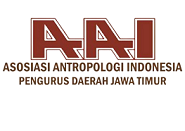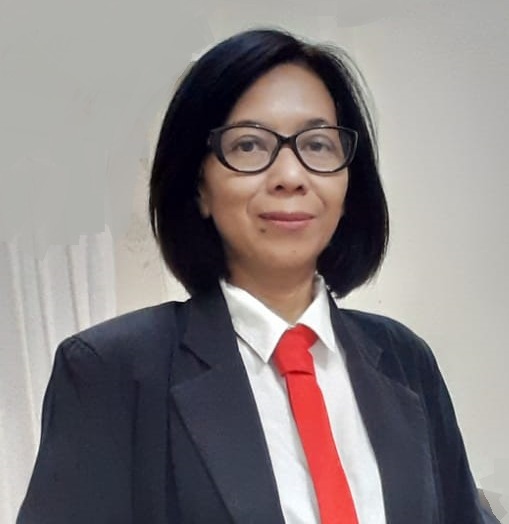Guide for Authors Online Submission Privacy Statement Manuscript Template Cover Letter and CTA Template
Publication Ethics
This is the statement of ethics for the Indonesian Journal of Social Sciences (IJSS). This statement was adapted from the principles of the Committee on Publication Ethics (COPE) and covers the code of ethics for the chief editor, editorial board members, reviewers and authors.
Duties of Authors
- The author(s) are responsible for ensuring only new and original work is submitted.
- Must not reproduce work that has been previously published in other journals.
- Must not submit any articles reviewed or considered by the journal to other journals simultaneously.
- The author(s) are only allowed to publish their work elsewhere after receiving a formal rejection from the journal or if the journal officially accepts their request to withdraw their work.
- The author(s) must inform the chief editor of any data inaccuracy in their published work so that corrections or retractions of articles can be made.
- Should make significant contributions and be held accountable for any shortcomings in their work.
- The Author(s) should inform about the funding source
- When using AI tools, the authors should inform us. AI-generated content is not allowed.
Duties of Reviewers
- Must disclose any competing interest before agreeing to review a submission
- Can refuse to review any submission due to a conflict of interest or inadequate knowledge.
- Review all submissions objectively, fairly and professionally.
- Reveal any ethical misconduct encountered while reviewing to the Chief Editor for further action.
- Should ensure the originality of a submission and be alert to any plagiarism and redundant publication.
- Must not discuss the content of the submission without permission.
- Adhere to the time allocated for the review process. Requests for extension to review the submission are at the discretion of the Chief Editor.
- Should refrain from reviewing articles using generative AI technologies since they might be inaccurate and provide biased results.
- Must transparently declare any use of AI tools in evaluating manuscript claims in their reports.
Duties of Editorial Board Members
- Actively contribute to the development and the greater good of the journal.
- Act as ambassadors for the journal.
- Continuously support and promote the journal.
- Review any work assigned to them.
Duties of Chief Editor
- Evaluate manuscripts fairly and solely on their intellectual merit.
- Ensure confidentiality of manuscripts and not disclose any information regarding manuscripts to anyone other than the people involved in the publishing process.
- Has the responsibility to decide when and which articles are to be published.
- Actively seek the views of board members, reviewers and authors on how to improve/increase the image and visibility of the journal.
- Give clear instructions to potential contributors on the submission process and what is expected of the authors.
- Ensure appropriate reviewers are selected/ identified for the reviewing process.





















